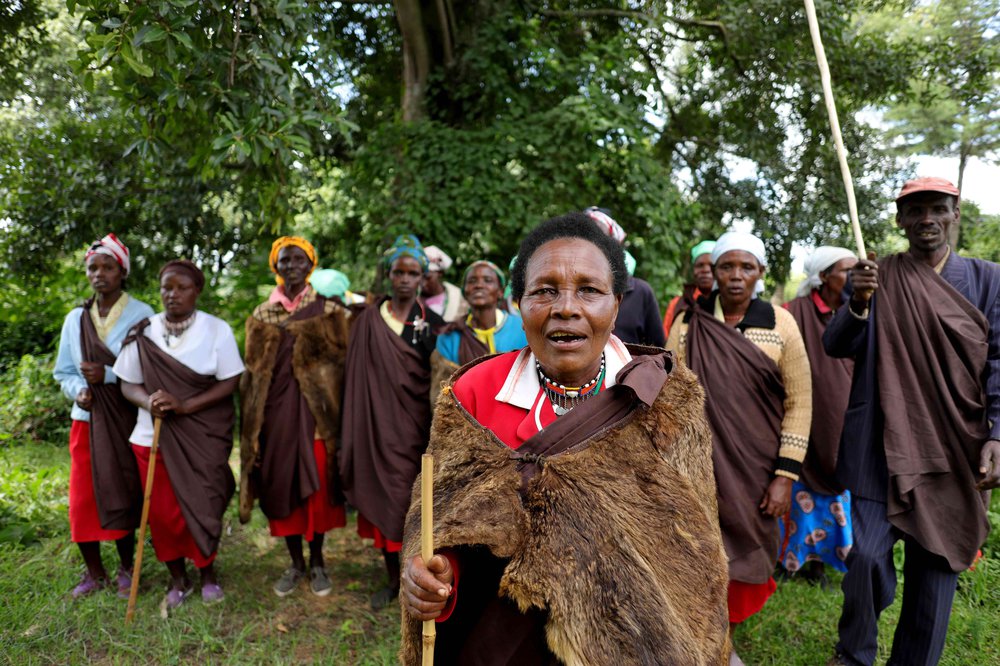Everyone has the right to food. The right to food is essential for a dignified life and is vital for the realisation of many other rights, such as the rights to health and life. Food is important not just for survival, but also for the full development of one’s physical and mental capabilities.
States are obliged to develop, individually and through international cooperation, a range of measures of production, conservation and distribution of food to ensure that everyone is able to access enough food to be free from hunger and malnutrition. In realising the right to food, attention should also be paid to concepts such as food security(the sustainability of food access for both present and future generations) and food sovereignty (the right of peoples to define their own food and agriculture systems). The right to food is not limited to merely having a certain amount of calories and necessary nutrients in one’s diet; it means that everyone should have physical and economic access to food or the means of producing it at all times.
In its General Comment 12, the UN Committee on Economic, Social and Cultural Rights (CESCR) provided detailed guidance to States regarding their obligations to respect, protect and fulfil the right to adequate food. The Committee also noted that the right includes the following interrelated and essential features:
- Adequacy. The food available for consumption must be appropriate in the prevailing social, economic, cultural, and environmental context.
- Availability. Everyone should be able to obtain sufficient, quality food either through market systems or directly from land and other natural resources. Diets should contain a mixture of nutrients necessary for a healthy life and physiological needs, throughout the life cycle and according to gender and occupation. Food should be free from harmful substances and be culturally appropriate.
- Accessibility. Access to food involves three key elements: non-discrimination, economic accessibility, and physical accessibility. Access to food must be without discrimination on the basis of any prohibited ground. The price of food should be at such a level that it will not compromise attainment of other basic needs. This may require special programs for vulnerable groups. Physical accessibility means that everyone should have access to food, particularly vulnerable groups such as children, persons with disabilities, the elderly, and those affected by natural disaster or conflict.
- Sustainability. States must ensure, through the development of appropriate measures and regulation of private actors, that practices impacting on food, land or natural resources do not jeopardise the long-term availability and accessibility of food.








